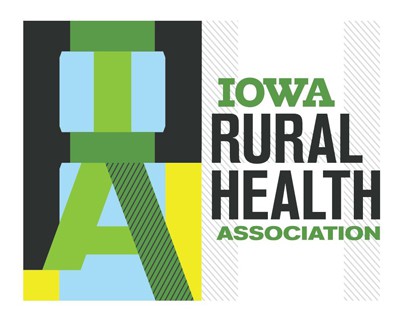The Rural Emergency Hospital is a designation available to eligible rural hospitals by the Centers for Medicare & Medicaid Services (CMS) beginning January 1, 2023. Congress established the Rural Emergency Hospital (REH) designation in December 2020 in Section 125 of the Consolidated Appropriations Act, 2021 (Public Law 116-260) and in response to the loss of essential healthcare services in rural areas due to hospital closures. In March 2023, Governor Kim Reynolds signed into law Senate File 75, which codified licensing process for REH designation in the state of Iowa. Critical Access Hospitals and rural acute care hospitals with 50 or fewer beds that were open on December 27, 2020, are eligible to apply for Rural Emergency Hospital (REH) status. Facilities that closed after December 27, 2020, are eligible to reopen as an REH if they meet the REH Conditions of Participation.
Education/Resources
- Mathematica webinar on Orientation to Rural Emergency Hospital Conversion and Technical Assistance
- Rural Health Information Hub Topic Guide on Rural Emergency Hospitals
- Policy Brief from the North Carolina Rural Health Research Program: Key Considerations for a Rural Hospital Assessing Conversion to Rural Emergency Hospital
- CMS Guidance for Rural Emergency Hospital Provisions, Conversion Process and Conditions of Participation
FAQs
**More Coming Soon**
- Frequently asked questions addressed by the Rural Health Redesign Center, including answers to general questions, application and conversion processes, conditions of participation, payment policies and technical assistance.
Special Topics
** More Coming Soon**

